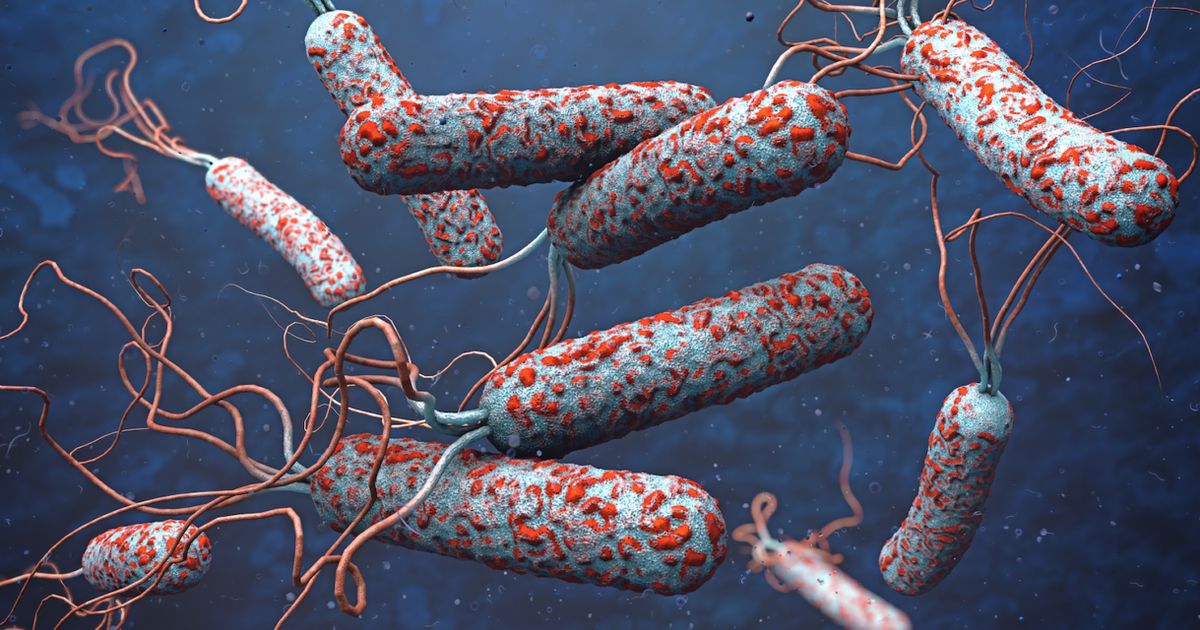Cholera 101: What You Need To Know
Although eradicated in the United States, cholera is a very serious disease that affects millions of individuals in the developing world who have limited or even no access to safe and clean drinking water. Cholera causes severe diarrhea and vomiting and can be fatal if not treated. It is rampant throughout areas of the world where clean water is not readily accessible, with approximately 150,000 individuals suffering from cholera every year, according to the World Health Organization. Find out now what causes cholera, symptoms to watch for, and how to properly treat this bacterial disease.
What Is Cholera?

Cholera is characterized as a bacterial infection resulting from unsanitary water not safe for consumption. Specifically, the disease is caused by a strain of bacteria called Vibrio cholerae, which is classified as a highly infectious disease transmitted through unsanitary water. Although it is not common in many first world countries, remains a rampant problem in many developing countries.
In certain countries in the developing world, it is highly unsafe to drink tap water without boiling it first, as drinking tainted water can lead to numerous health problems including cholera. Cholera attacks the small intestine and causes severe diarrhea and vomiting, and like many diseases that attack the intestinal system, the real danger of cholera lies in the afflicted becoming dehydrated and ill. Individuals who believe they might have cholera or have been exposed to cholera should seek medical help immediately.
Signs And Symptoms

A patient may experience the signs and symptoms of cholera immediately after being infected, though visible signs can take several days to appear. Initially, many of the common symptoms of cholera may be mild and appear as symptoms of food poisoning, but quite a few individuals may still experience the more severe effects of cholera, such as diarrhea and vomiting. If these severe symptoms are not treated promptly, they can lead to fatal dehydration.
Some of the most common symptoms of cholera include intense thirst, severe muscle cramps, steadily decreasing blood pressure, rapid heartbeat, loss of skin elasticity, and a dry mouth, nose, and throat. If a patient is experiencing any of these symptoms, they should seek medical treatment immediately, as they are suffering from dehydration.
